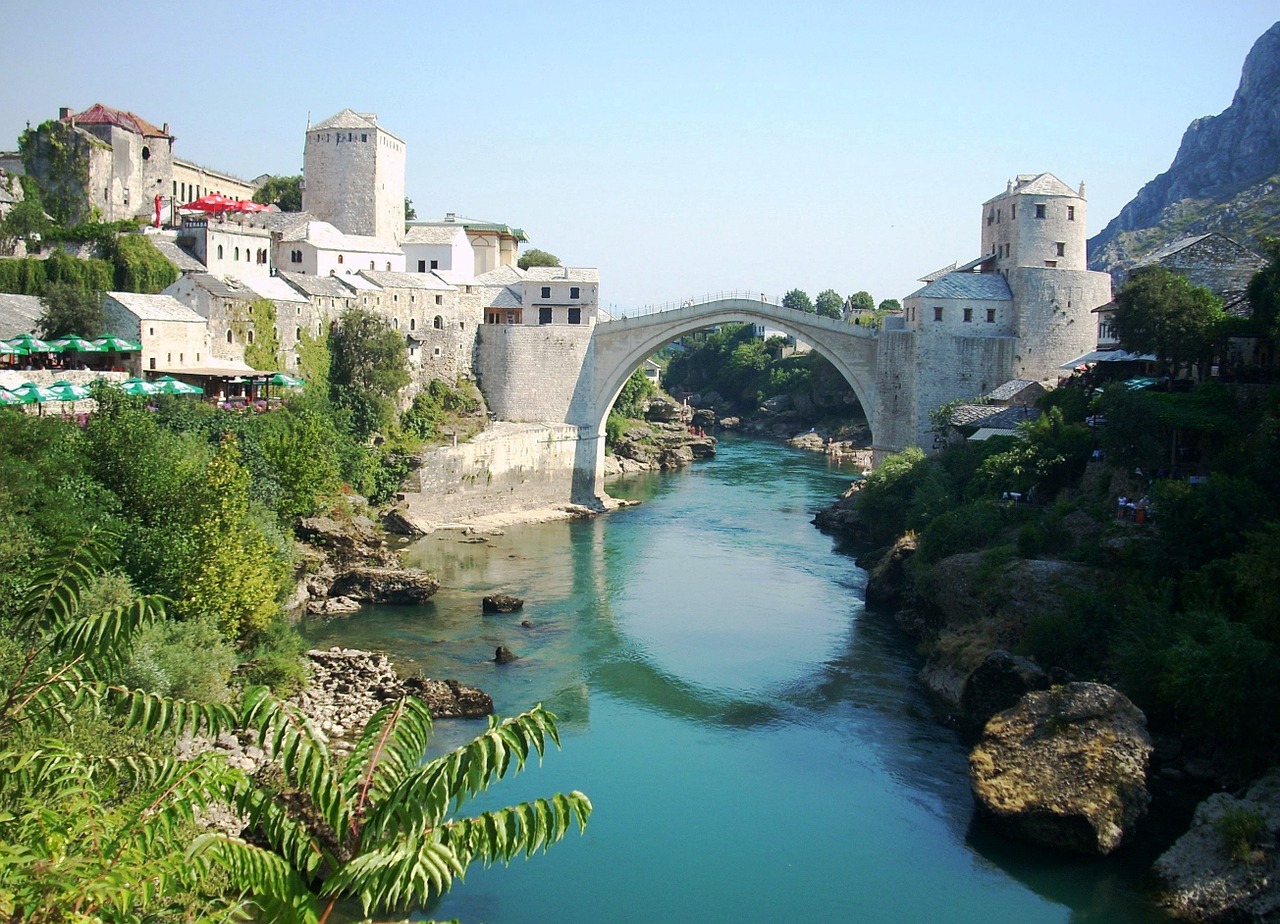In the last weeks, the political leaders of Bosnia-Herzegovina have pushed the country into a new crisis. The reason behind it was the Serbian entity’s decision to hold a referendum on whether 9th January should become the Day of Republika Srpska. This was widely opposed by the Croats and Bosniaks in the country, and also by the EU.
This is not the first time that this country’s politicians have ignored the EU’s efforts and advice. And it is not the first time that the EU has responded by taking new steps in the membership application process. Is it possible then that Bosnia-Herzegovina has found the way to join the Union while purposefully disregarding its requirements?
Bosnia-Herzegovina as it exists today was created in 1995 by the Dayton Agreement, which ended the war in the country. Today, the majority of the country’s population consist of members of 3 nations that fought against each other during the 1990s wars– the Serbs, the Croats and the Bosniaks.
In 2009 the European Court of Human Rights decided that parts of Bosnia-Herzegovina’s constitution were violating the European Convention on Human Rights and should be changed. These violations were connected with the status of citizens who are neither Serbs nor Croats nor Bosniaks. The EU immediately decided that Bosnia-Herzegovina’s future success in the membership process would depend on the implementation of this ruling.
However, as stubborn as the EU politicians might have been at the time, they certainly met their match. As with so many other topics in Bosnia-Herzegovina, the ‘national interests’ blocked every possibility of reform and even to this day the mentioned ruling has not been implemented. With time, the EU seemed to dismiss what was once an important requirement by allowing progress in the accession process.
I believe that the turning point in the EU – Bosnia-Herzegovina relations was the day when the Stabilization and Association Agreement entered into force. Namely, the implementation of the ruling was one of the conditions that Bosnia-Herzegovina was supposed to fulfil before the Agreement could enter into force. However, when no progress was made, the Union was left at an important crossroad – should it continue pressing for the implementation of the ruling and risk Bosnia-Herzegovina drifting away from the Union, or should it let them progress further in order to maintain the influence in the country? It chose the latter option, bringing about a significant precedent.
During 2016 the leaders of Republika Srpska (the entity of Bosnia-Herzegovina with mostly Serbian population) decided to hold a referendum on 9th January becoming the Day of Republika Srpska, which was opposed by the other entities. The country’s Constitutional Court even declared the referendum unconstitutional and illegal – a decision that was backed by the EU. All this opposition is rooted in the fact that on 9th January 1992 the Serbian politicians in the country proclaimed the independence of this entity, which ignited the war in the country. The referendum took place anyway.
Until today no significant measures were taken against the organizers of the referendum. To make the story even more bizarre, the EU finally accepted Bosnia-Herzegovina’s application for membership just days after the referendum.
When the Union decided to turn a blind eye to the (non-)implementation of the European Court of Human Rights ruling, it sent a message to the politicians in the country that with enough perseverance they can make the EU requirements go away. This is a very tricky message to convey to politicians in a country where ‘national interest’ still plays a key role in everyday politics. Especially because the national interest in Bosnia-Herzegovina’s case does not equal the country’s interest, but the interests of the 3 so-called constituent peoples – the Serbs, the Croats and the Bosniaks.
Of course, it can be said that the Bosnia-Herzegovina’s accession process has been painstakingly slow as it started back in 2003 and it has only reached the first ‘real’ stage of the process now, in 2016. With Bosnia-Herzegovina’s membership application being accepted, the EU now has the power to ask for profound changes.
While this is true, I can’t help but noticing that candidate countries are somewhat like children. If you let your child stay awake past bedtime 3 times in a row, it’s going to be hard making them go to sleep at bedtime again. Similarly, if several times you let a country’s politicians overrule your requirements by shouting ‘national interest’, it will be a challenge making them subdue to your influence again.
I believe the relationship between the EU and Bosnia-Herzegovina has reached another important turning point. If the EU accepts the referendum results, the (Serbian) politicians in the country will slip even further away from its grip. Now is the perfect time for the EU to reconsider its approach to Bosnia-Herzegovina before it loses all of its influence in the country. The question is – with all the internal issues, will it find the time and energy to do so?














Leave a Comment
Your email address will not be published. Required fields are marked with *